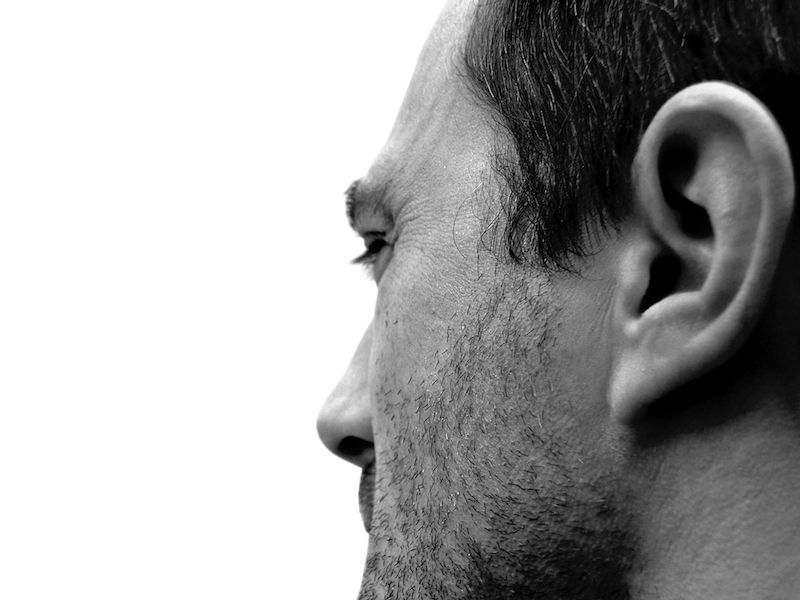
There is an inconsistency in tinnitus symptoms; it seems to be difficult to know when and why these sounds happen. At times, it seems like, for no evident reason at all, your ears just begin buzzing. No matter how long you lie in bed and consider the reason why you hear this buzzing, you can’t think of any triggers in your day: There is no tangible reason why, at 9 PM, ringing starts taking place, no noisy music, no loud fire alarms, nothing.
So maybe it’s the food. Typically we don’t link the idea of food with hearing, but there’s a bit of research and evidence to suggest that certain foods can make tinnitus worse. The trick for you is understanding what those foods are, so you can stay away from them.
Some Foods Which Activate Tinnitus
So let’s get right to it. You don’t want to go through a food triggered tinnitus episode so it’s important to identify which foods can trigger it. Certain foods to stay away from may include:
Alcohol
Alcohol and tobacco should be high on the list of things to avoid. You will definitely want to avoid drinking and smoking in order to lessen your risk of a tinnitus episode despite the fact that tobacco isn’t actually a food.
Your general health can be significantly affected by tobacco and alcohol especially your blood pressure. The more you drink (and smoke), the more likely your tinnitus will be to flare up.
Sodium
Your blood pressure is one of the leading predictors of tinnitus episodes. When your blood pressure goes up, your tinnitus gets worse. That’s why sodium should definitely be on your list of food substances to stay away from. You’ll need to substantially reduce your sodium consumption whether you put salt on everything or you just love eating french fries.
There are many foods that are shockingly high in sodium, also, like ice cream (which you don’t typically think of as tasting especially salty). You’ll need to keep an eye on sodium levels in anything you eat to prevent a surprise tinnitus event.
Fast Food
It shouldn’t be surprising that you should avoid fast food if you are avoiding sodium. Most fast-food places (even the ones that bill themselves as a healthier option) serve food that is loaded with salt and fat. And, clearly, your blood pressure and your tinnitus will be negatively impacted by this type of diet. Let’s not forget the massive drinks they serve which are extremely high in sugar. Which brings up the next food you should avoid.
Sugars and Sweets
Candy is something that we all enjoy. Well, maybe not everybody, but the majority of us. Every once in a while, you’ll encounter someone who genuinely prefers broccoli over chocolate. We try not to judge.
Sadly, sugar can completely throw off the equilibrium of glucose in your body. And as you’re attempting to get to sleep at night, a little disturbance to that balance can mean a lot of tossing and turning. And the more you toss and turn, the more you begin to listen for that buzzing and ringing.
Caffeine
So, we saved caffeine for last because, well, we get it. This is the one we’re least positive about needing to give up. But drinking caffeine late in the day, whether from soda, tea, or coffee, can really ruin your sleep cycle. And your tinnitus is more likely to appear if you don’t get quality sleep.
It’s actually the lack of sleep, not the caffeine that’s the issue. Have your coffee or tea in the morning, and change to a non-caffeinated drink before dinner.
What Are Your Best Practices?
This list is certainly not comprehensive. Your hearing professional is the best place to start when it comes to the dietary modifications you need to undertake. And it’s worth remembering that everybody will be affected in their own way by dietary modifications, so it may even be worth maintaining a food journal where you can keep track of what impacts you and by how much.
Moving forward you will have an easier time making wise choices if you understand how some foods affect you. When you start monitoring how your ears respond to different foods, the cause of your tinnitus may become less incomprehensible.
If you have that evening of coffee, at least you know what you’re dealing with.